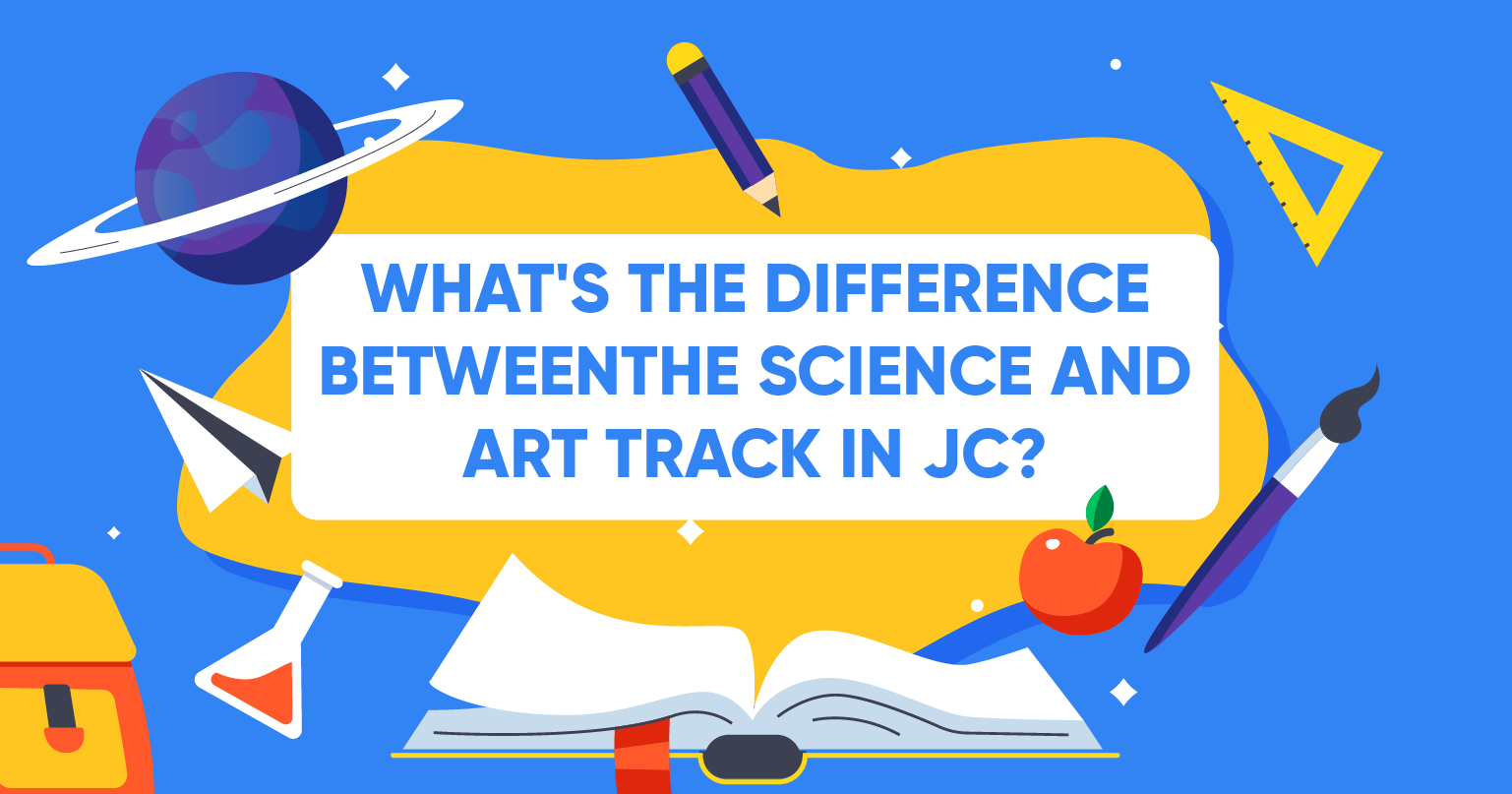You’re presumably reading this because you recently finished your O Levels. You are now ready to complete your final tasks before beginning your profession. The next step is to decide if Junior College or Polytechnic is the better option. Because both types of institutions offer advantages, it is critical that you carefully consider your alternatives. This essay will address how to pick between JC and Poly and how Focus Chemistry may assist you if you decide to pursue JC Chemistry.
Can I Afford the Chemistry Program at Junior College or Poly?
There is a slight variation in the costs of JC and Poly schooling. A Junior College programme in Singapore costs roughly SGD200 per year. Poly, on the other hand, is significantly higher and averages SGD3,000. For individuals who cannot afford the expense of Poly school, JC looks to be a more reasonable choice.
When it comes to money, there is another issue to consider. If you choose a similar major when pursuing a university degree following Poly, you can save a few semesters of study. As a result, university tuition might be significantly reduced.
Not to mention, there is also the cost of chemistry tuition for JC or poly, should you require it.
Do I Want to Go to University?
Choosing whether to attend JC or Poly is essential in shaping your future. As a result, it is critical to understand how your choice of JC or Poly influences your university experience.
JC is, first and foremost, an A Levels curriculum. Because students in this curriculum develop acclimated to this difficulty level, JC graduates often have an easier time getting into university than Poly students. JC may be the better alternative if you truly want to further your academic career.
When you choose a Poly programme, you will have more options for academic scholarships and lower tuition expenditures. Furthermore, whether you are hoping to pursue a specialised vocation or if you are searching for quick work, Poly is the way to go.
What Is the Difference Between JC and Poly Programs?
Duration
There is a one-year gap between JC and Poly courses, which can have a significant influence not just on your decision but also on your education.
JC education is completed in two years instead of three years for Poly education. Yet, while this appears to be the better option, there is a disadvantage. Junior college curricula are often more rigorous and intensive.
Number of Options
There are currently just five Poly institutions in Singapore, compared to nineteen JC institutions. As a result, you have more JC alternatives to consider.
Workload
There is a significant variation in workload between JC and Poly. Firstly, JC is considered to have a more tight and demanding schedule. The curriculum can be challenging and complex. This makes JC students’ work a little more complicated, but their efforts will be rewarded with a GCE A Level certificate.
Polytechnics are noted for having more flexible and forgiving educational criteria, contributing to lower study hours. Poly students typically study for 25 hours a week, compared to 40 hours for JC students.
Career Advantages
Junior colleges provide a broader range of social and scientific fields in terms of variety and possibilities. This is because their programme emphasises theoretical understanding over actual application. As a result, students must have critical thinking, analytical abilities, and a thorough comprehension of the subject matter.
Poly, on the other hand, provides more specialised courses. For example, it does not simply focus on Chemistry as a science but also includes practical applications to help with comprehension. Students have increased, or even instant, employability since these courses are more specific, particularly in practical application. It also facilitates the search for people seeking more education in the same sector or perhaps internship chances.




